Everything Sacred
As I finished The Ale Boy’s Feast last week (review coming soon–and let me just say that despite what you may read in the Amazon reviews, this book is incredible), one of its premises took me back to something I used to ardently believe, something I once wanted to write a book about. I was going to call it Everything Sacred.
The premise, as James 1:17 puts it, is that “Every good gift and every perfect gift is from above, and cometh down from the Father of lights.” Every good gift. Not just the Bible, Sunday school, and WWJD bracelets. Every good gift, like sunsets and trees, bright eyes, clean water, sparkling personalities, beauty, grace, colour, music. As Fred pointed out in yesterday’s fantastic post, science and technology are gifts of God. Friendship is a gift of God. Romance is a gift of God.
And none of it is meant to be enjoyed for its own sake, in the way that just grabs the gift and forgets the Giver. All God’s gifts are good and can be sacred if we will look through them to Him–if we, as Jeffrey Overstreet might say, allow the threads in the beautiful things to pull us back home.
I say I “used to” believe this. I still do, but I don’t live it out with my senses heightened the way I once did. For a brief period I staggered through life overwhelmed by all the God I could see, right there before my eyes, awakening longing and teasing out worship. At other times, I’ve forgotten about this business of everything sacred. My eyes have gotten clouded, sometimes by pain, sometimes just by apathy.
I’m grateful to Mr. Overstreet for his story–all four books of it–because it pays such attention to this concept. (And embodies it, in beautiful writing.) It reminded me that I am surrounded by sacred reminders of the One who made me, if I will just stop and pay attention. And it reminded me that this is what artists, including writers, do. It is what Christians who make art should do, consciously and with hearts that beat out worship. We should take the everything around us and lift it up and beat the dust of our people’s apathy until they lift up their eyes and catch a glimpse of the sacredness too.
I wanted to write about the Auralia Thread for a few weeks, but other books have had this effect on me too. Lord of the Rings certainly did; so did Narnia. So did Anne of Green Gables. I have read many books and found I couldn’t look at the world the same way anymore; somehow, another layer had been peeled away to reveal the holiness beneath.
I’d love to know what books–or other works of art–have done this for you. Comments welcome.



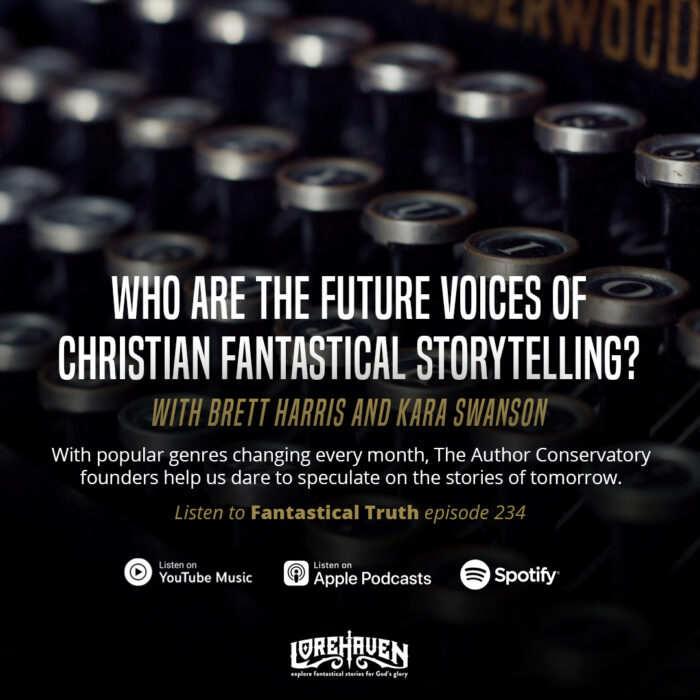


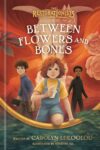
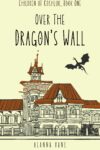




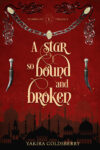
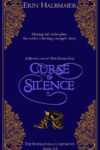
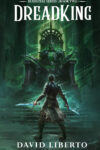

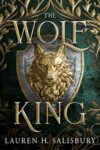




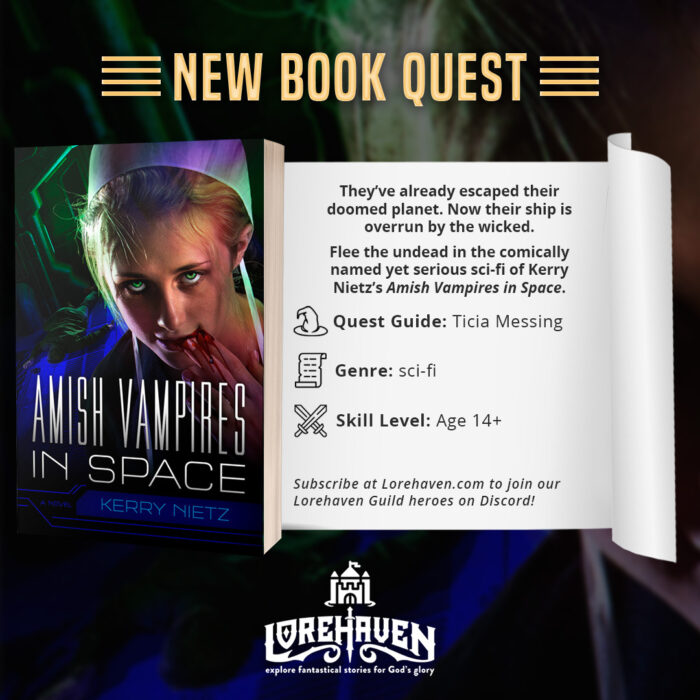









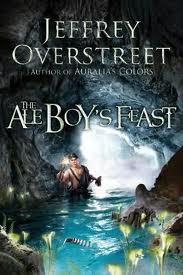


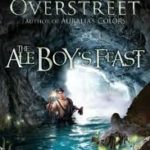






“I have read many books and found I couldn’t look at the world the same way anymore; somehow, another layer had been peeled away to reveal the holiness beneath.”
And not just books. Everything in life! From the soft scent of a newborn baby to the howling storms that come ripping through the Midwest. From the decadent taste of cheesecake to a beautiful painting (or even the creative art of my children).
I like what John Pipers says: God is most glorified when we are most satisfied in Him.
Precisely :).
Very good post! I agree. We often have the mindset that God gave us all the “Christian” things, whereas He gave us everything. We should be looking for Him in His creation, not in just, as you said, WWJD bracelets.
I literally named this my favorite book on my review site, which I would expect isn’t very professional-sounding, but it’s seriously a good book.
Nolan, have you seen the reviews on Amazon? Honestly, I do not understand why this book is getting a poor reception. Glad you enjoyed it as much as I did!
Yup, I saw them. I don’t really understand how anyone could possibly come to those conclusions, but hey—the best books are the most debated, at least in my opinion.
By default I don’t trust Amazon reviewers. The majority make me want to gag. Be like me and turn spiteful: Go through and systematically mark each lame review unhelpful.
Gotta tell you, though, I managed to persuade a reviewer via email out of all that, one time. It was kinda fun.
Kaci, I didn’t realize you can do that! I’ve been marking the GOOD ones “helpful.”
Yup, you can. And I’m sadistically happy when I do it to some goober. Dislike the book if you dislike the book, but don’t make me think you didn’t read the thing. ::growls::
“And none of it is meant to be enjoyed for its own sake, in the way that just grabs the gift and forgets the Giver. ”
That’s a great point, Rachel–it’s important to remember that even good gifts can be wasted or abused, in the same way that we can use a knife to prepare a delicious meal, or to inflict injury on another human being. Our response to the gift can make it an even greater blessing or transform it into a curse.
I completely understand the feeling you describe of a book or other work of art having a profound impact on your perspective of life, the universe, and everything. It’s hard for me to put my finger on a specific example, Narnia and LOTR certainly, but there are others–and I’ve enjoyed the Auralia books very much.
Precisely. And although I didn’t go into that aspect much in my post, I think Jeffrey’s books have done an amazing job of illuminating that aspect of our responses as well, through the people and culture of Bel Amica. The temptation to abuse the good gifts nearly derails the whole quest.
It seems odd, but Nathaniel Hawthorne’s The Marble Faun does the same thing you described for me, but from a different perspective. Hawthorne’s obsessed with the spiritual weight of the city of Rome and all its history bearing down on the shoulders of his characters, but somehow through that, I came to the same conclusion you did reading Ale Boy’s Feast (in fact, all of the Auralia Thread).
Brothers Karamazov did the same… come to think of it, most books I love did this. And that’s why I love poetry so much.
Huh. 🙂
Linds, apparently I need to read “The Marble Faun!” And “Brothers Karamazov,” which has been on my reading list for what feels like centuries but hasn’t been read yet. As for poetry–yes. Me too.
That is so true. Bel Amica was frightening in a way, because it was so much like our own culture, decadent from self-indulgance.